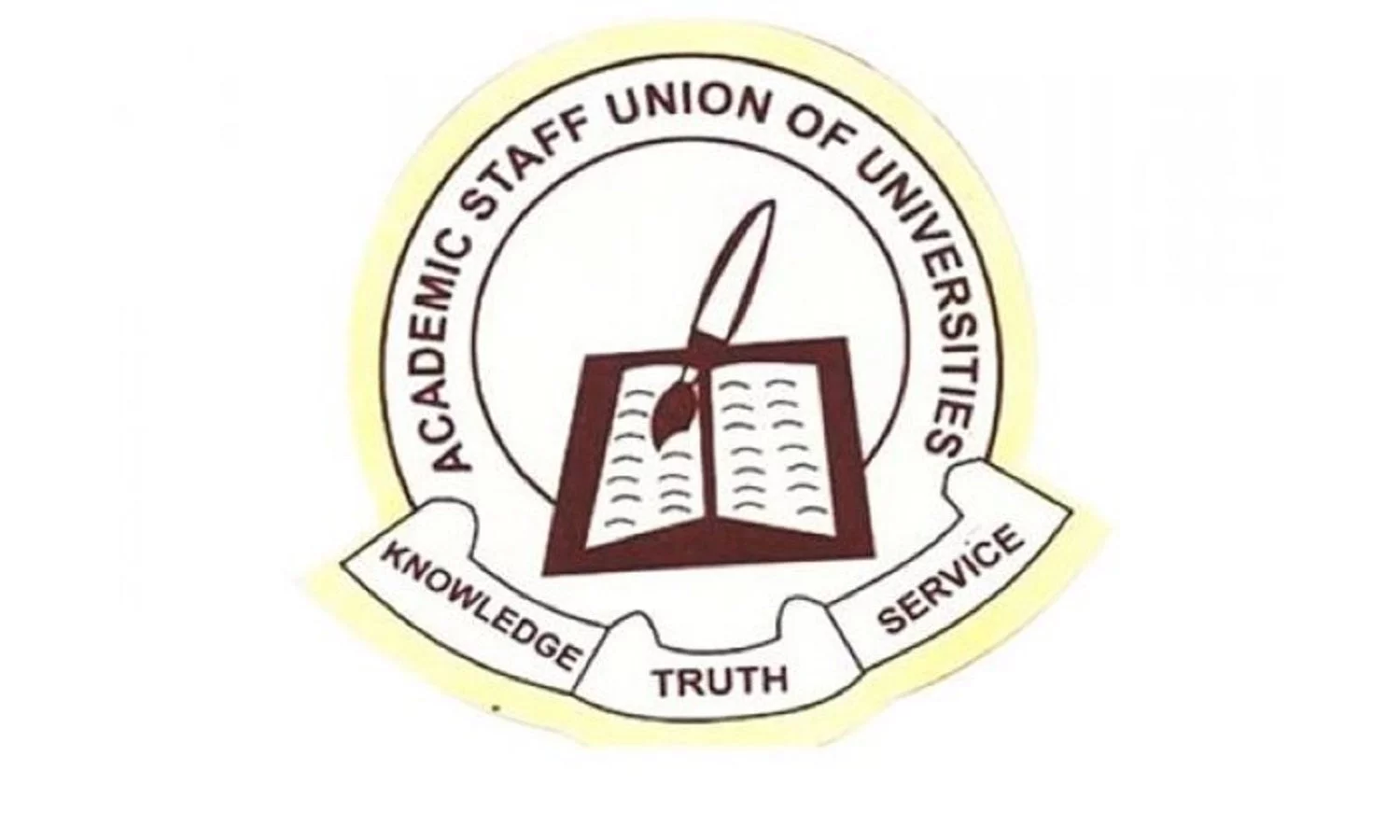I am a stakeholder and player in the pharmaceutical manufacturing sub-sector of the economy and my involvement was primarily encouraged by the policies and programmes taken to promote industries and manufacturing in the country during the first administration of President Muhammadu Buhari (as military head of state). While there was a break in policy continuation afterwards, it is my belief that the PMB current administration will renew its commitment to finding ways to sustainably support pharmaceutical and other manufacturing industries. While the government has developed, and is strategically pursuing, its Economic Recovery and Growth Plan (ERGP) 2020, unfortunately the companies that need support the most are yet to be effectively affected. The National Industrial Competitiveness Council has so far been monopolised by big industrialists who mostly appear to enjoy the available policy benefits provided by government and the banks.
Consequently, needs of medium size industries and manufacturers are ignored as these influential industrialist dictate to government and connive with their co-owners and colleagues in the Banks to decide how much financial support they require and at what interest rate they want to pay. The smaller industries and their promoters are left to fend for themselves in an unfriendly economic environment. Government has made efforts to support the earlier neglected lower cadre MSMEs which are supposed to supply both the large and medium size manufacturers with products and services. In order to appear supportive to FG policy, development and commercial banks in the country pay lip service to the SMEs claiming that they have developed products to support the sector.
However, how much are they really doing and what are the impacts on the sector and the economy in general? With stringent banking terms and conditions such as restricting acceptable collateral to only properties in Lagos, Abuja and Port Harcourt, small and medium pharmaceutical and other manufacturing industries are deliberately squeezed out of affordable finance. The medium and large enterprises have benefitted a lot from FG support and have grown tremendously under the PMB administration but the small sized industrial sector have declined and currently struggling to stabilise with severely limited funding. These big manufacturers and banks that represent the industrial and Manufacturing sector have stunted the growth of the small size companies threatening, for example, pharmaceutical production, employment and affordable drugs availability in the country.
In order to achieve the goals and objectives of the ERGP 2020, government needs to strategically intervene through the Central Bank of Nigeria and other development banks to specifically target the small and medium sized pharmaceutical and other industries. Government needs to understand that CBN is yet to be helpful to the pharmaceutical industries because of the challenges of bank lending to the sector. Ideally loans to industries supposed to be managed to maturity and growth by supervising and reviewing the management of such loans until the project matures. It is inefficient to treat industrials loans the same way with commercial facilities.
Many industries face challenges that are verifiable on an on the spot inspection and assessment for confirmation before further consideration for bail out assistance and or intervention. This should not be too difficult as Manufacturer Association (MAN) can handle the exercise with caution that verification must not be limited to financial members only but all members, potential members within zones and Areas of their jurisdiction. For instance, Industries located in Plateau, North Central and North Eastern States that experienced long period of communal crises and insurgencies are bound to fall into serious challenges, directly or indirectly. With relative peace returning now, industries in these localities need to be assisted to get back to business of providing products, services and jobs. In view of the above, we hereby humbly suggest as follows: That government should direct CBN to come up with another CBN/BOI Intervention Finance scheme for the manufacturing sector with as much as N500bn, to cover Restructuring, Refinancing, Expansion and Working capital at a low single digit interest rate with 12-18 months moratorium for a tenure of 10-15 years repayment. Governmental should also enforce the policy of patronage of locally manufactured products.
Government should enforce the ban on some food items, drugs and cosmetics in better than the CBN denying forex to 43 items that can be produced in Nigeria. This should also include some Equipment for Agro and manufacturing that can be produced or fabricated locally, to encourage local manufacturers and fabricators, though outright ban does not allow for competition and quality products but in Nigeria’s case, it is fake and substandard products that are imported. Besides improving on power supply, the tariffs should be reviewed downward for industries to cut costs and help compete in the export market of locally made in Nigeria goods. There is also need to look holistically on needs of these mediumsSize industries to encourage continuity, further development and expansion. Finally, government through CBN has done very well in the Agricultural sectors with interventions however; production through industrial manufacturing is very key to development and creating GDP for any country and economy. Intervention in textiles, palm oil, rubber production will help the economy especially if these challenges are addressed holistically to cover the entire value chain of industrial production fabrication and manufacturing to include ginneries for cotton yarn. This is the way to achieve the objective of self – reliance in production of goods at competitive cost both for local and export market at least within the ECOWAS Sub-region for now. This will also help Nigeria benefit from the recently signed AfCFTA agreement by our president and Nigeria. We look forward to your kind consideration of these request and observation to help us survive, provide jobs, grow our businesses and the economy.
Alhaji Nasir is Chief Executive/Industrialist, Eurolink Nigeria Limited (Europharm Laboratories)



